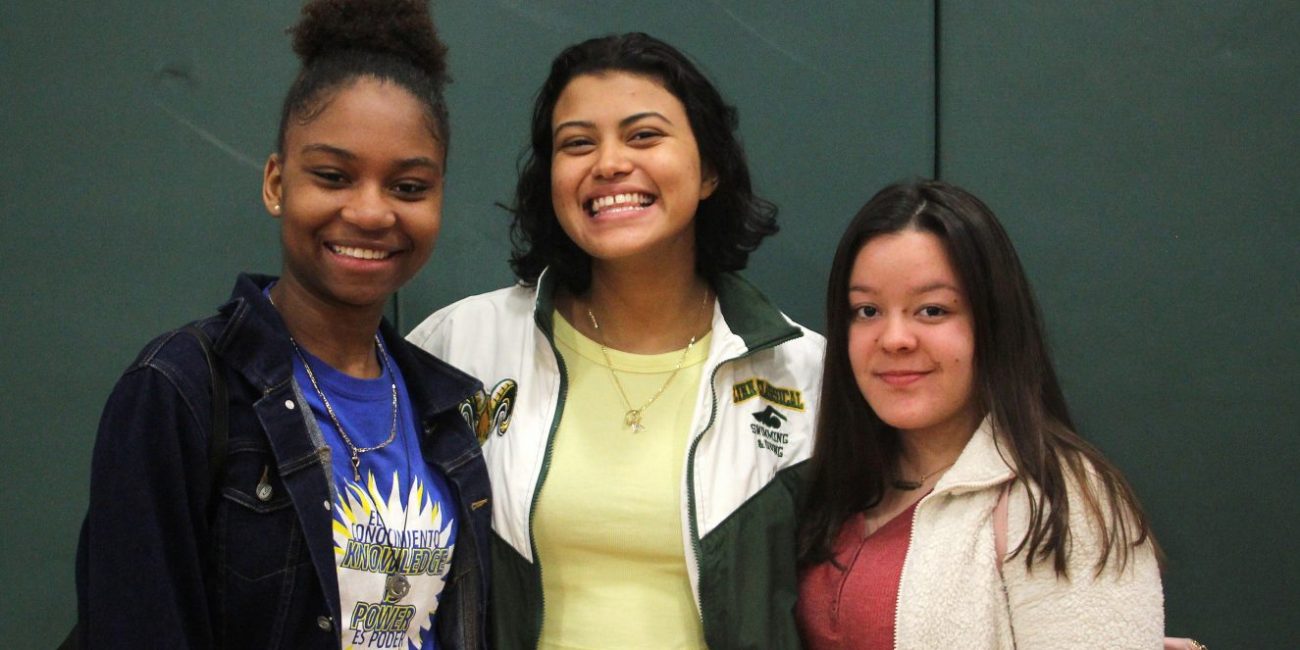Date: March 5, 2021
To: Commissioner Jeffrey C. Riley, Massachusetts Department of Elementary and Secondary Education
We are writing about an urgent issue for current high school seniors who wish to earn the Massachusetts State Seal of Biliteracy (SSBL) but did not achieve the required score on the 10th Grade ELA MCAS. As English language, dual language and world language educators implementing the awards in school districts throughout the Commonwealth of Massachusetts, we urge the Department to allow students who achieve the Competency Determination (CD) under the temporary regulations approved in January 2021 to also satisfy the English Proficiency criteria for the State Seal of Biliteracy.
Online assessment of World Language proficiency is ongoing for students in the class of 2022 to meet the World Language criteria for the Massachusetts State Seal of Biliteracy. However, for students who did not earn a qualifying 10th Grade ELA MCAS score in 2019, their only current option to satisfy the SSBL English proficiency criteria is to take an in-person test — either the ELA MCAS retest or (for English Learners) ACCESS for ELs. This policy unfairly penalizes students who do not feel safe coming to school buildings for in-person testing.
This problem potentially affects a large number of students. Based on reported 2019 ELA MCAS results, 8% of students (about 5,600) statewide did not reach the minimum ELA MCAS score of 472 to meet the CD or qualify for the Massachusetts State Seal of Biliteracy. Of those, English learners and students from multilingual backgrounds are disproportionately affected: About 34% of English Learners or Former English Learners and 19% of Hispanic students did not achieve the required score. It is especially unfair for English Learners, whose language skills may have improved significantly since they took the ELA MCAS two years ago.
The Board of Education has already recognized the problem with requiring an in-person MCAS retest during the pandemic when they approved the temporary regulation in January 2021 to “address disruptions caused by the outbreak of the 2019 novel coronavirus.” The regulation established “a process through which students in the class of 2021 who have not yet earned the CD in English language arts (ELA) and mathematics may earn the CD through successful completion of a relevant course.”
Before the pandemic, any student earning the CD through an Educational Proficiency Plan had the opportunity to also satisfy the English proficiency criteria for the Massachusetts State Seal of Biliteracy. The same policy should hold under the temporary CD regulation for students who cannot come to school buildings for in-person testing.
603 CMR 31.07 State Seal of Biliteracy states “The Commissioner shall determine the minimum score or level, which shall be comparable to the minimum scaled score on the grade 10 English Language Arts MCAS required to satisfy the requirements of the Competency Determination under 603 CMR 30.03(2)(a) and 603 CMR 30.03(3)(a).” Clearly, if the temporary regulation allows students an alternate method to “satisfy the requirements of the Competency Determination,” then this option should also be sufficient to meet the English proficiency criteria for the Massachusetts State Seal of Biliteracy.
This is an urgent matter for teachers and students as the end of the year approaches. English and World Language teachers have been working with students throughout high school (and often longer!) to try for the Massachusetts State Seal of Biliteracy. Students have been engaging in World language testing this year with the expectation that they will also have the opportunity to fulfill the English proficiency requirements. These students should not be denied this opportunity if they cannot complete in-person testing, especially after such a difficult year when they should be supported for their persistence in pursuing the award. In addition to the pride and accomplishment of having their language skills recognized, the Massachusetts State Seal of Biliteracy has real value because three Massachusetts institutions of higher learning — Salem State University, North Shore Community College and Middlesex Community College — now grant college credit to students who have earned the Massachusetts State Seal of Biliteracy. We should do everything possible to build on the growing success of the Massachusetts State Seal of Biliteracy program over the past three years, not to undermine it.
Massachusetts Language Opportunity Coalition
Massachusetts Association of Teachers of Speakers of Other Languages (MATSOL)
Multistate Association for Bilingual Education, Northeast (MABE)
Signed by more than 50 supporters (see below)
If you would like to sign on to support the letter, fill out this form.





